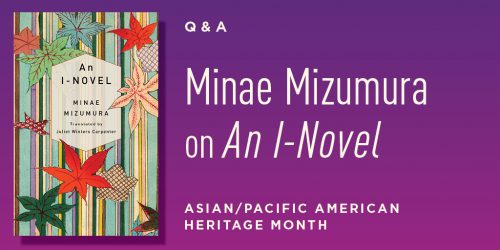Guobin Yang on the China-Google Spat
In an interesting article for Yale Global, Guobin Yang, author of The Power of the Internet in China: Citizen Activism Online, downplays some of the hyperbole that has been used to characterize the dispute between Google and China.
Yang argues that what has been most affected has been China’s image and not so much Chinese access to the Internet. Yang writes:
Because many Google services are still available, Google’s move has not significantly affected mainland internet users. Survey findings published in the February 2010 issue of Nature show that Chinese academic communities rely heavily on such services as Google Scholar, and the site remains available under the Google.cn domain name (scholar.google.cn/schhp?hl=zh-CN). Although Google has not published data on access from mainland users to previously censored content such as the Tiananmen protests of 1989, do not expect to see major changes in Chinese netizens’ online search behavior. Like internet users elsewhere, the average Chinese user is more likely to seek entertainment rather than politics online. Those searching for political content know how to scale the fire walls.
He goes on to suggest that the Chinese government’s policy toward Google is more or less in line with those of ordinary Chinese in the sense that they both share a gradualist approach to change:
However passionate Chinese citizens are for free speech or broader political change, nowadays people are more likely to favor a gradualist approach. Chinese intellectuals wholeheartedly embraced Western-style democracy in the 1980s. They have since become less sure of themselves or a Western system transplanted to Chinese soil, not the least because they have seen troubles inside even the strongest Western democracies. Still critical of authoritarianism, they have no clear vision, or confidence, of a workable solution to the political challenges facing China today. The rise of a strong public discourse of civil society in China, rather than strident calls for democracy, reflects this intellectual dilemma. Building a civil society is at least a useful first step. Despite the political control of the internet, a vibrant current of online activism has surged for years.





